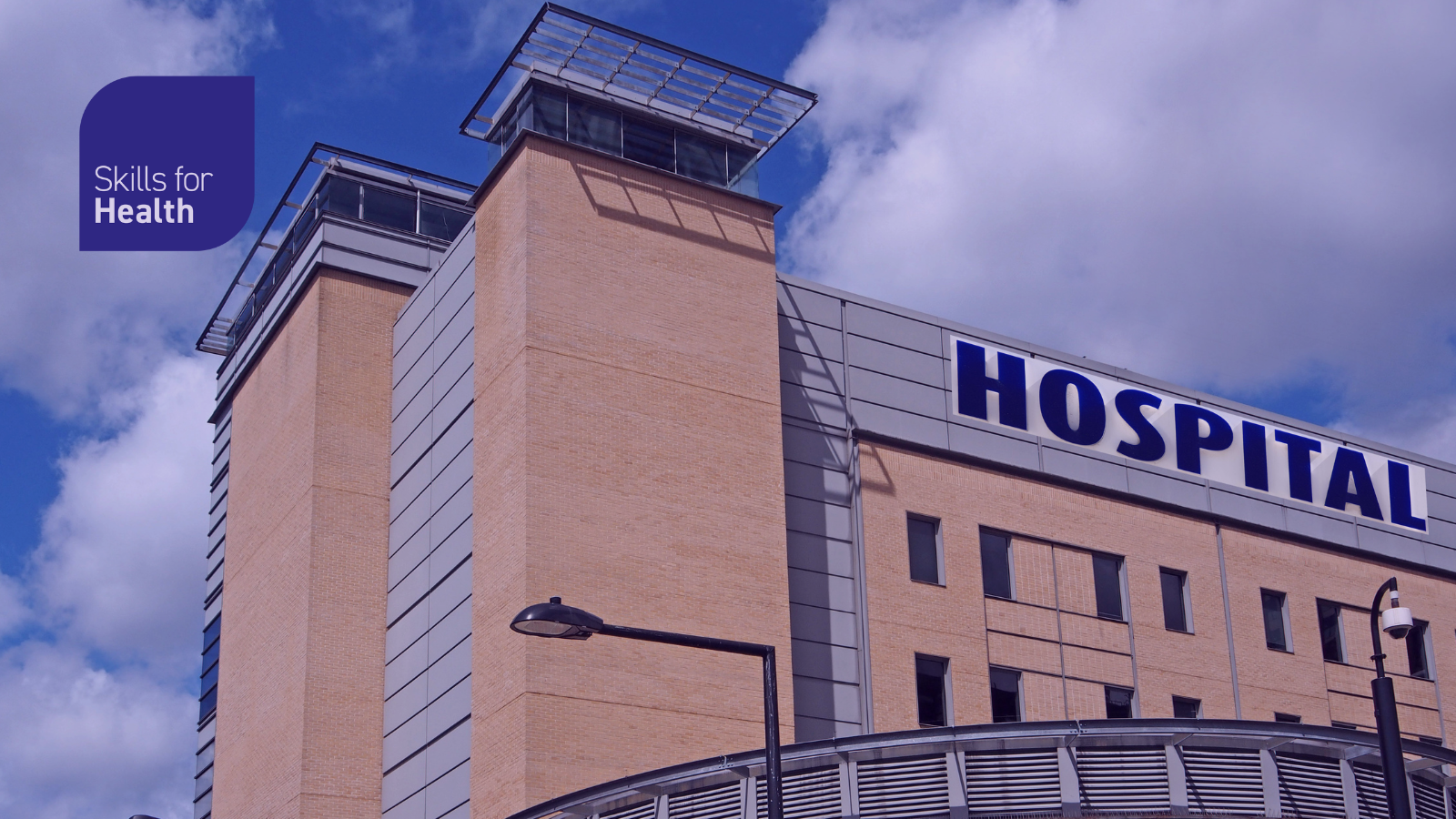
| 25 March 2025
Martyn’s Law – formally The Terrorism (Protection of Premises) Bill – is a law that aims to better protect the public from terrorist attacks by requiring public venues to improve preparedness and have systems in place to help keep people safe.
It’s known as Martyn’s Law in tribute of Martyn Hett who was killed alongside 21 others in the 2017 Manchester Arena attack, and Martyn’s mother has campaigned for these changes in the years since.
The law covers both venues that are mainly used for gatherings of people, and venues that are used for events (such as those for festivals, where the main use is not as a venue).
What does Standard Tier mean?
Standard Tier premises – also known as standard duty premises – are any locations with a capacity of 200-799. Event locations are not included in Standard Tier requirements.
Not all venues are in the scope of the bill, with some, such as educational premises, excluded from the regulations.
What will Standard Tier premises have to do?
The main change for premises is that they will need to have a named responsible person, who must notify the Security Industry Authority (SIA) of their details as well as details about the premises. The SIA are the regulator for compliance with Martyn’s Law.
The responsible person is required to ensure that appropriate security measures are in place for the venue in order to reduce harm to the public in the event of an attack.
This involves four key areas:
- Evacuation – the process of getting people safely out of the premises.
- Invacuating – the process of bringing people safely into, or to safe parts within, the premises.
- Lockdown – the process of securing the premises to ensure that the entry of any attacker is restricted or prevented, eg locking doors, closing shutters or using barriers.
- Communication – the process of alerting people on the premises to move them away from any danger.
What will Standard Tier venues need to consider when setting procedures?
Martyn’s Law compliance is principles based. Each venue, and their responsible person, will need to set new procedures after considering their venue, the areas outside of the venue, routes of access, and other policies and procedures such as health and safety. Venue capacity, type of venue, and other factors will also inform what security measures can and should be put in place to reduce risk of harm.
In addition, the law specifies that these procedures are put in place as far as is reasonably practicable. In this regard it follows other responsibilities, such as fire and safety, or data protection. This means that the responsible person will need to consider all the factors above and what resources are available to them, in order to put in place security measures.
What may be reasonably practicable for a venue of up to 799 capacity, with multiple entry and exit routes and members of staff, would not, for example, be reasonably practicable for a smaller venue of 200 capacity with volunteer staff.
What staff need mandatory training?
Every Standard Tier premise will need to have a named responsible person for the standard duty premise. This person will need to notify the SIA when they become responsible. This person will have mandatory training needs.
Training for other staff or volunteers will need to be considered in order to ensure procedures can be carried out effectively. The procedures will need to be communicated to all those needed to deliver the response to a potential security incident.
This may require the premises to update or provide new training in light of the changes in the law, or any updated security procedures, policies or measures, to ensure staff are capable of carrying out their job roles effectively.
